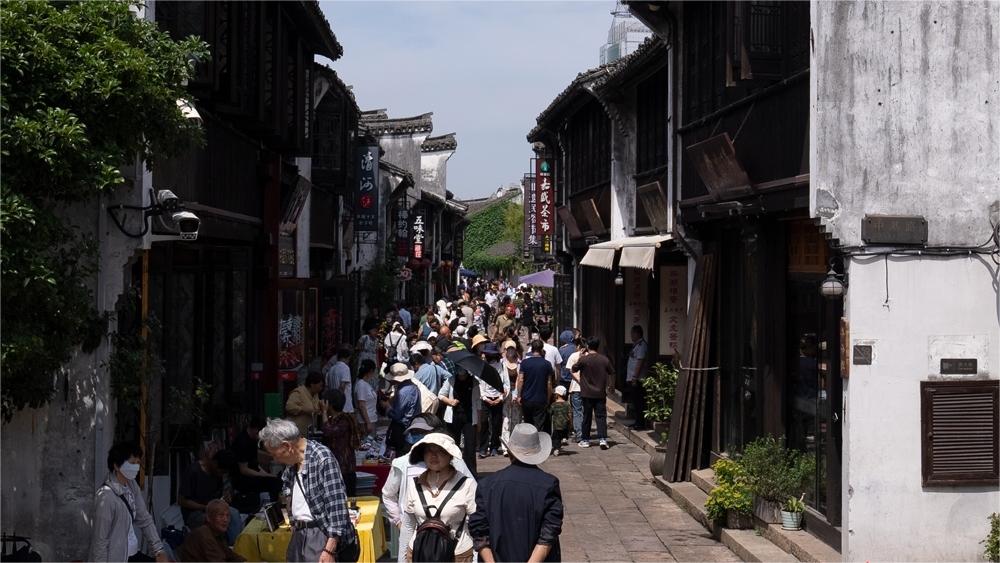Pakistan to collaborate with China to spur green transition, say Pakistani experts
ISLAMABAD, May 30 (Xinhua) -- Pakistani officials and experts are of the view that the country needs to collaborate with China under the framework of the China-Pakistan Economic Corridor (CPEC) to expedite green transition, promoting low-carbon development and countering adverse impacts of climate change.
China's technologies and low-cost products in fields like new energy have become a driving force for global energy transition, helping countries to achieve carbon neutrality and reduce carbon footprints, the experts said while addressing a seminar on the greening of CPEC organized by the Sustainable Development Policy Institute (SDPI), an Islamabad-based think tank.
Speaking on the occasion, Abid Qaiyum Suleri, executive director of the SDPI, said that under the new phase of CPEC, Pakistan would focus on replacing conventional methods of production and businesses to offset carbon emissions.
"Green metals are important components, including lithium, nickel, and others, as these metals help in the development of electric vehicle batteries. Pakistan and China can work together to explore green metals under CPEC," he said.
Commenting on the increased tariff on China's green energy transition technology from the United States, Suleri said that the competing nations are increasing tariffs on China's green products to protect their local manufacturers, highlighting that it could have implications for the world.
"On the one hand, countries around the globe are making efforts for carbon reduction to counter the climate change crisis, while on the other hand, more taxes are being levied. That's exactly the opposite, it can hamper global efforts towards low-carbon and climate-resilient pathways," he added.
Suleri also stressed upon promoting green diplomacy for borderless promotion of green technologies and transfer of technology.
During the first phase of CPEC, China invested billions of dollars in Pakistan's energy sector including coal, renewable and hydropower projects, said Shah Jahan Mirza, a senior official of the Ministry of Energy.
Pakistan would develop numerous renewable energy projects in the next phase, he said.
Muhammad Badar Alam, chief executive officer of the Policy Research Institute for Equitable Development, a Pakistani think tank working for climate justice and clean energy, said that Pakistan has been facing a serious economic, environmental, and financial crisis, and CPEC will help Pakistan in addressing concerns through its environment-friendly and sustainable initiatives.
Launched in 2013, the CPEC, a flagship project of the China-proposed Belt and Road Initiative, is a corridor linking Gwadar Port in southwest Pakistan's Balochistan province with Kashgar in Northwest China's Xinjiang Uygur Autonomous Region, which highlights energy, transport, and industrial cooperation in the first phase, while the new phase expands to the fields of agriculture and livelihood.
Photos
Related Stories
- Southwest China launches new air cargo route to Pakistan
- China, Pakistan pledge to enhance pragmatic cooperation in various fields
- Chinese vice premier meets Pakistani deputy PM
- Senior CPC official meets guests from Pakistan, Namibia, Malaysia
- China hands over data collected from Pakistan's first satellite mission on Chang'e-6 lunar probe
Copyright © 2024 People's Daily Online. All Rights Reserved.









